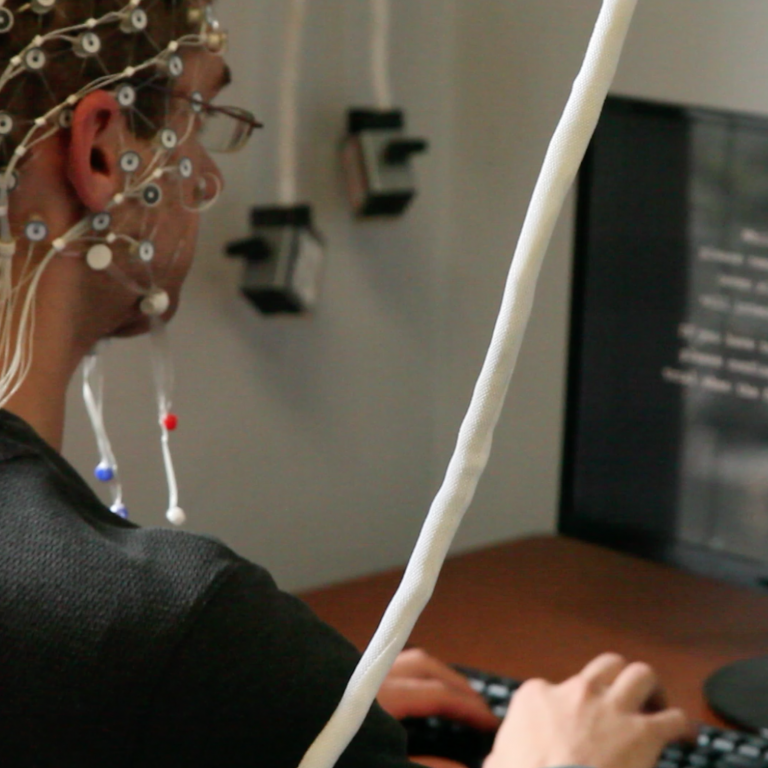by Nigel Crisp, Prospect
More than 2,300 years ago, Aristotle wrote about eudaimonia—commonly translated as human flourishing—and discussed how we can best live our lives. It is a concept that has influenced philosophers through the ages, from Thomas Aquinas to Martha Nussbaum, who have in different ways developed theories about how we can live the good life and fulfil our true capability and potential as human beings.
The Covid-19 pandemic has reminded us all just how important these ideas are and shown the interconnection of every aspect of our lives, from health to the economy, the environment and education. As we build for the future, we need to think again about the well-lived life and the values—or virtues, in Aristotle’s terms—by which we live it.
In the 10 manuscripts that make up the Nichomachean Ethics Aristotle also describes the concept of phronesis—practical wisdom—which means, in broad terms, understanding ends and means and the differences between them. Or as we might say today, knowing what is the right thing to do and knowing how to do it.
We are all familiar from our own times with people who all believe they know what we should be doing but don’t have a clue about how to achieve it and their counterpart, the clever people who know how to get things done but lack any compass, moral or otherwise, to guide them in what should be done. The pandemic has reminded us forcefully of the need for practical wisdom—knowing what to do and how to do it—both in managing its impact and in “building back better.”
I believe it is time to redevelop these ideas and bring them up to date in our modern context. My starting point for doing so is something that the pandemic has also reinforced for me—that our health as individuals is intimately connected to the health of our communities, the health of wider society and, ultimately, the health of the planet. These are connections that older traditions and societies understand very well, but we in the west have lost sight of in recent times.
I believe that we should now identify the conditions necessary for human flourishing in each of these four areas and use this framework to create a unified approach to social, economic and environmental policy for the future. Our guide in each area should be the goal of promoting human flourishing.
Thinking first about individual health, we have all been reminded in the last two years of the importance of social relationships, access to nature, exercise and having meaning and purpose in our lives. There is now plenty of scientific evidence to support this.Moreover, study after study has demonstrated the importance of agency, being in control and having a significant degree of autonomy as individuals—as opposed to experiencing the angst, alienation and anomie that have become so prevalent in modern western society.
There is a long (but often neglected) western tradition of interest in salutogenesis, the origins of health, which is concerned with understanding the causes of health as opposed to pathogenesis, the origins of disease. This is in some ways the precursor to what is today called “social prescribing,” an approach which sees clinicians prescribe gardening, swimming, singing and other activities instead of pharmaceuticals, making use of the health-creating benefits of each. This is not about prevention of disease but the creation of health—the causes of health not the causes of disease. It takes the positive, not the negative approach to creating the conditions for people to be healthy.
These ideas are exemplified in the words used by professor Francis Omaswa when he was the clinical director of the Ugandan health system: “Health is made at home, hospitals are for repairs.” It was a title I used (with his permission) for my recent book, which collected accounts of more than 60 groups in the UK which are actively creating health in their communities, workplaces, schools and homes. Crucially, most of these health creators were outside the health and care system. Civil society—in the shape of schools, employers, families and communities—has the major role to play here, with health professionals as the enablers.
There are also very many people—architects, designers and planners, as well as health professionals—actively engaged in identifying what needs to happen at the community level to promote human flourishing, and asking what a well-designed and flourishing community looks like. In the UK we need to rediscover this, after years in which economic forces and government policy alike have destroyed our traditional communities—from slum clearances in the post-war years to the death of traditional industries and the communities they supported in the 70s and 80s, and the more recent just-in-time global supply chains and austerity. Society and our communities have been hollowed out.
There is a renaissance needed here, which in my view starts with housing and planning policy and with early years and education. It is interesting to note that many architects, planners and designers are working to create physical places that help satisfy our needs for society and relationships, and are explicitly talking about the importance of flourishing—with or without reference to older traditions. It is an idea that can unify thinking and policies and, most importantly, shape practice for the future.
At the level of wider society, the political, social and economic determinants of health have been extensively anatomised by epidemiologist Michael Marmot at UCL and others. Several national and global Marmot Reviews have been undertaken to understand the ways in which social, political, economic and environmental forces shape our health and life chances for good or ill. This work has helped bring inequalities to the centre of policy and the pandemic has reinforced and deepened our understanding in this area. Government policies, whether about levelling up or economic development, need to be influenced by the concept of human flourishing. It combines health and wellbeing, social stability and, of course, prosperity, all of which need to be in balance. It should be a central part of how we think about re-designing our society for the future.
Finally, the concept of planetary health brings together human health, human activity on the planet and environmental sustainability. Planetary health has been defined by the Rockefeller Foundation-Lancet Commission on Planetary Health as “the health of human civilisation and the state of the natural systems on which it depends.”
This explicitly ecological approach has created a whole new field of enquiry that tries to understand how the best balance between human systems and the natural systems can be achieved. It raises questions about what policies are needed and what actions must be taken. Here again there is a great deal of research activity underway, and the concept of human flourishing can play a helpful role.
There are, of necessity, overlaps between the health of individuals, communities, wider society and the planet when it comes to policy and action, but I would argue that combined with the concept of human flourishing, they offer a useful and unifying framework for developing policy and practice in the years to come. I also believe that in the right hands they can serve a useful unifying purpose politically.
We have seen in recent years the problems caused by a lack of such unifying concepts, from the barrenness of Trump’s America to the brutal pragmatism of Putin and the tragi-comedy of today’s UK politics where, despite having some of the greatest scientific, creative and entrepreneurial talent in the world, we drift from crisis to crisis without strategy, vision or, apparently, any sense of values.
Aristotle’s concept of practical wisdom has never been more needed than it is now.
About the author: Nigel Crisp is a crossbench member of the House of Lords and a former chief executive of the English NHS. His latest book, "Health is made at Home, Hospitals are for Repairs" is published by Salus and available at www.healthismadeathome.uk



